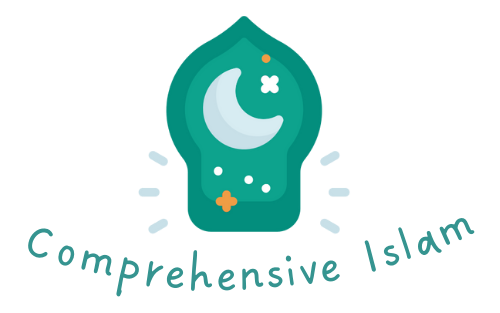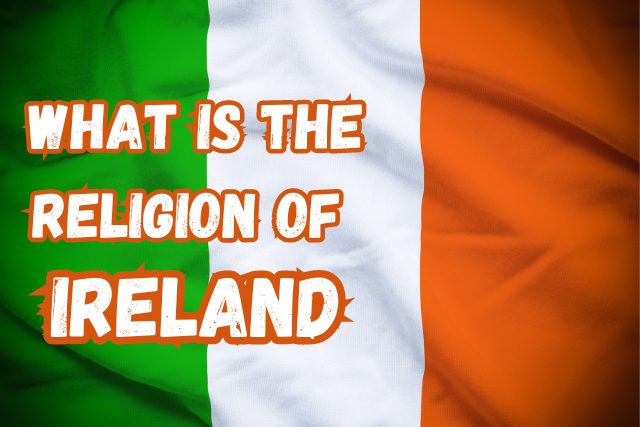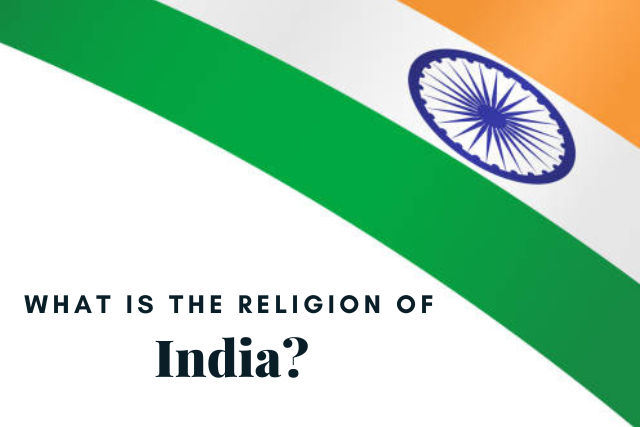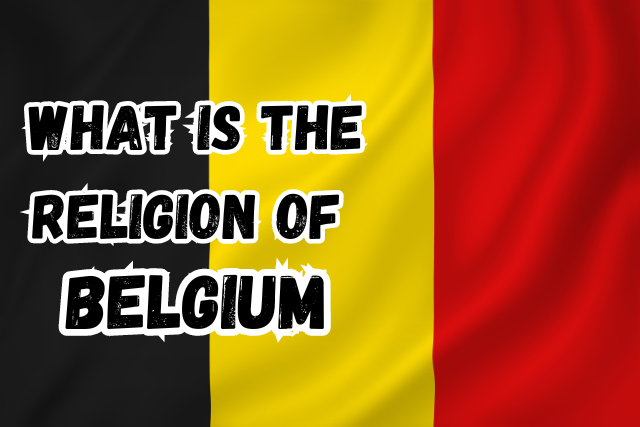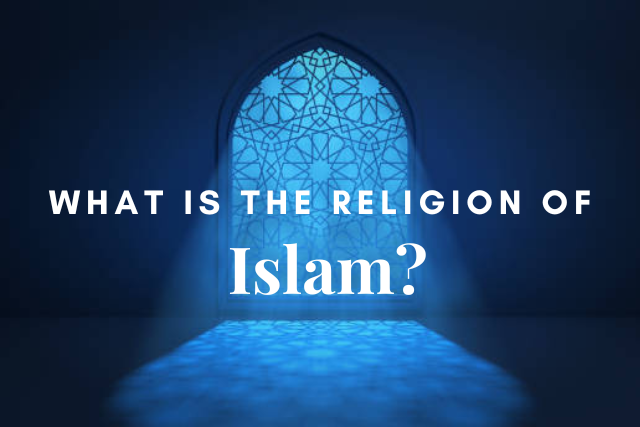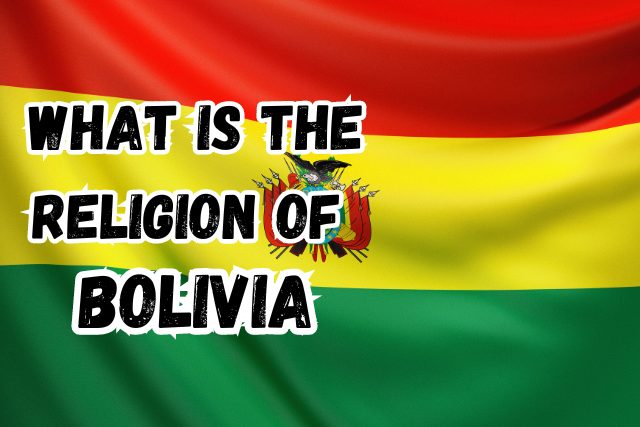What is the Religion of Ancient Egypt? The EPIC Guide 2024
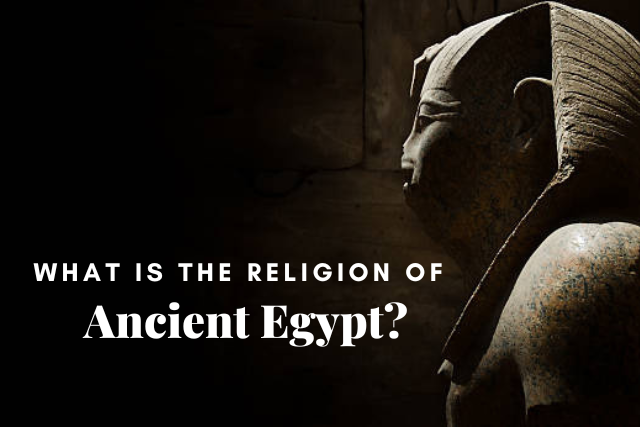
Long ago, when kings called pharaohs ruled and the Nile River flowed through a land fixated on gods, stories were woven into the sands of time. For more than 3,000 years, the people of ancient Egypt followed a religion that colored every part of their lives.
In this blog post, let’s explore what is the religion of ancient egypt. We’ll dive into the world of Egyptian gods, uncover the intricate ceremonies made to please them, and understand the important ideas that made this civilization unique.
What is the Religion of Ancient Egypt?
Ancient Egypt followed a complex system of polytheistic beliefs, meaning they worshipped many gods and goddesses. These deities were believed to control the forces of nature and various aspects of life. Egyptians practiced rituals and made offerings to gain favor from the gods. The pharaoh, the ruler of Egypt, held a special place in this religion and was seen as a divine figure himself.
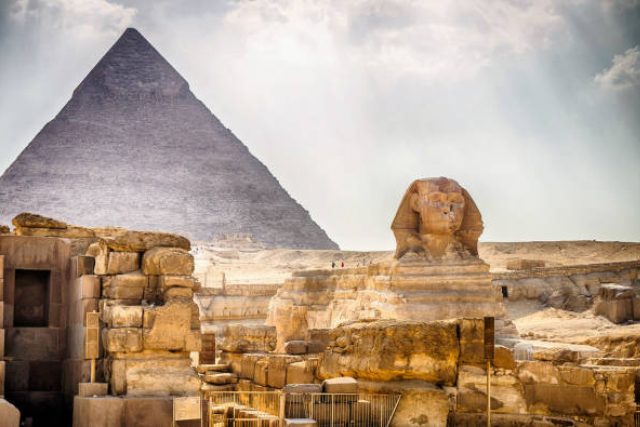
If you’d like to learn more about specific aspects of ancient Egyptian religion, I can tell you more about their gods, beliefs in the afterlife, or religious practices.
The Pantheon of Gods and Goddesses
- Re (Ra): One of the most significant gods was Ra, also known as Re, the sun god. Ra symbolized creation, warmth, and kingship, and was revered as a powerful deity. Another crucial figure was Osiris, the god of the underworld, agriculture, rebirth, and the afterlife. Osiris played a central role in Egyptian beliefs concerning death and the afterlife, overseeing the judgment of the deceased.
- Osiris: The underworld held no fear for the Egyptians thanks to Osiris, the god of the afterlife, rebirth, and agriculture. His myth, where he is murdered by his brother Seth but resurrected by his sister Isis, mirrored their belief in life after death.
- Isis: Isis, a powerful goddess, was revered for her association with magic, protection, motherhood, and death. She played a vital role in Egyptian mythology, particularly in the story of Osiris’s death and resurrection. Anubis, depicted with the head of a jackal, was the god of the dead and embalming, guiding souls to the afterlife and overseeing the mummification process.
- Anubis: Often depicted with the head of a jackal, Anubis presided over the realm of the dead. He held the crucial role of weighing the hearts of deceased souls to determine their fate in the afterlife.
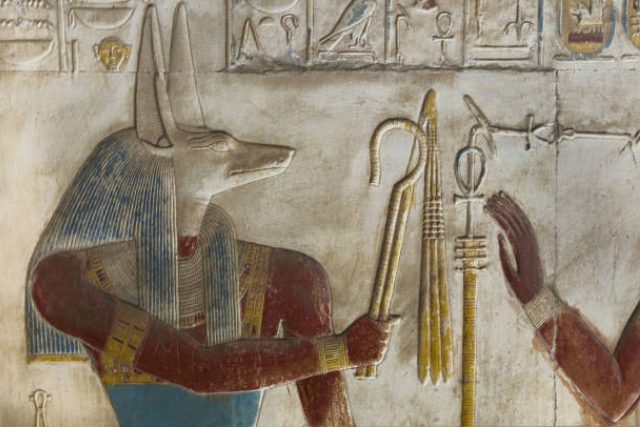
- Maat: More than just a goddess, Maat personified the very concept of cosmic balance, truth, order, and justice. Egyptians believed that upholding Maat was essential for the smooth functioning of the universe.
These are but a few of the many deities that occupied a sacred space in the hearts of the Egyptians. Local gods with specialized functions also existed, reflecting the rich tapestry of their beliefs.
Core Beliefs and Practices
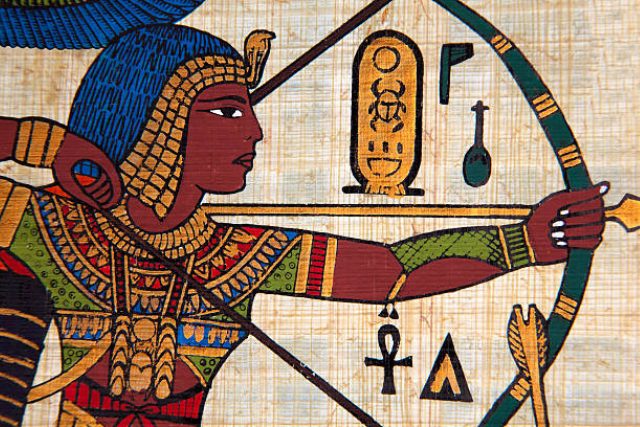
The cornerstone of ancient Egyptian religion was fostering a harmonious relationship with the divine. Here’s a glimpse into some key aspects of their beliefs and how they practiced their faith:
The Significance of Ma’at
As mentioned earlier, Maat was the bedrock of Egyptian religion. People believed that upholding Maat ensured cosmic order and brought prosperity. Offerings to the gods and living a moral life were seen as ways to maintain this vital balance.
The Afterlife
Death was not the end for the Egyptians; it was merely a passage. They believed in a soul that ventured into the underworld after death, where it faced judgment. Elaborate burial practices, including mummification and the creation of magnificent tombs, aimed at ensuring a successful passage to this next phase of existence.
Temples and Pharaohs
Towering temples served as earthly homes for the gods. Priests performed rituals and offered elaborate gifts to appease the deities and secure their continued favor. The Pharaoh, seen as a divine figure himself, played a crucial role in maintaining cosmic order. He was believed to be a bridge between the human world and the divine realm.
Offerings and Rituals
Egyptians actively sought the blessings of their gods through offerings. These offerings could be anything from food, drink, and precious objects to heartfelt prayers. Rituals were performed daily in temples and even private homes to honor the deities and ensure Maat was upheld.
The Evolution of Beliefs
Egyptian religion wasn’t a stagnant entity. Over the millennia, it witnessed fascinating changes and adaptations. Here are some notable examples:
- The Rise of Amun: For centuries, the sun god Re held a prominent position. However, with the passage of time, the god Amun rose to prominence. Amun-Re, a merged deity combining Amun and Re, became a central figure in Egyptian religion.
- Emphasis on Osiris: The cult of Osiris grew in importance over time. His myth offered solace and hope for the afterlife, and Egyptians increasingly identified with his journey of death and rebirth.
- Personal Piety: While pharaohs remained central figures, a growing emphasis was placed on personal piety. People decorated their homes with religious symbols and prayed directly to the gods, reflecting a more personal connection with the divine.
FAQs About What is the Religion of Ancient Egypt
What were the main beliefs of the religion of Ancient Egypt?
Ancient Egyptians believed in a vast pantheon of gods and goddesses who represented different aspects of nature, emotions, and concepts. They also emphasized the importance of maintaining Ma’at, a cosmic balance between chaos and order.
How did ancient Egyptians worship their gods?
Worship in ancient Egypt involved rituals, prayers, and offerings performed by priests in temples dedicated to specific gods. People also worshipped at household shrines and participated in festivals honoring various deities.
What was the afterlife like in ancient Egyptian religion?
Ancient Egyptians believed in an afterlife where the soul journeyed to be judged by Osiris, the god of the underworld. If found worthy, the soul could enter a paradise similar to life on earth. Mummification and funerary rituals were performed to prepare the deceased for this journey.
Did ancient Egyptians have a supreme god?
While ancient Egyptians worshipped many gods and goddesses, there was no single supreme deity in their religion. Instead, different gods held prominence in different periods of Egyptian history and in various regions of the country.
How did the pharaoh fit into ancient Egyptian religion?
The pharaoh was considered a living god and the earthly embodiment of Horus, the son of Osiris. As such, the pharaoh had a crucial role in maintaining Ma’at, ensuring cosmic order, and serving as a mediator between the gods and humanity.
Summing Up
The religion of ancient Egypt was intricate and deeply woven into every aspect of life. From their many gods to daily acts of worship, the Egyptians’ respect for the divine was everywhere, shaping how they lived, socialized, and governed. Key ideas like Ma’at, the pursuit of balance, and belief in the afterlife gave them stability and purpose.
While the religion of Egypt flourished with its pantheon of gods and goddesses, it’s intriguing to note how other ancient civilizations like Thailand also developed their unique religious practices and beliefs.
Though their beliefs may seem different from ours today, their values of gratitude, spiritual connection, and hope for the future remain timeless and universal.
